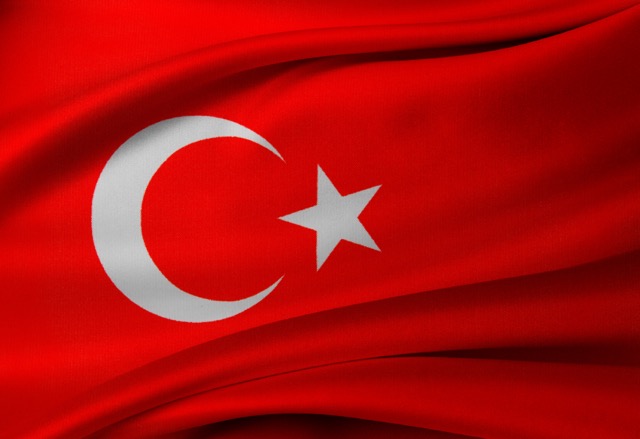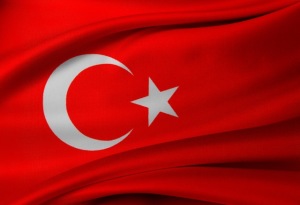
The Turkish lira weakened slightly on Tuesday as investors weighed up expectations for this week’s central bank meeting, where the monetary policy committee is expected to raise interest rates.
TRY has lost more than 40 percent of its value this year due to concerns over President Tayyip Erdogan’s grip on monetary policy and, more recently, over a diplomatic row between Ankara and Washington.
Erdogan, a self-described “enemy” of interest rates, wants lower borrowing costs to keep credit-fuelled growth on track.

Investors say rates need to rise, but the bank might not be able to meet market expectations partly because of Erdogan’s antipathy to higher borrowing costs.
The lira stood at 6.4850 to the dollar at 1053 GMT, weakening from a close of 6.4636 on Monday.
At the last monetary policy committee meeting in July, the central bank left its one-week repo rate unchanged at 17.75 percent, confounding expectations. The lira has since lost some 26 percent of its value and official data showed last week that annual inflation surged to 17.90 percent in August.
In a statement released shortly after the inflation data, the central bank promised to take the necessary action to support price stability, raising market expectations for a rate hike at Thursday’s meeting.
“With the assumption of USD/TRY remaining stable at around the 6.40s, we expect CPI to peak at 20.7 percent (year-on-year) in December,” Morgan Stanley economist Ercan Erguzel said in a note.
“Combined with ongoing financial stability concerns, this makes it necessary for the CBT to adjust its monetary policy stance.”
The sharp depreciation in the lira and its wider impact on the economy have also sparked concerns over Turkish companies’ financials. However, ratings agency Moody’s said on Tuesday that most rated Turkish companies could handle refinancing risks despite the rising uncertainties.
“Healthy liquidity profiles and well staggered debt maturities should shield most rated Turkish non-financial companies’ credit quality from potential refinancing risks over the next 12-18 months,” Moody’s said, adding that the two most vulnerable companies are Dogus Holding DOGUS.UL and Yasar Holding.
It said the greatest risk to Turkish companies’ credit quality was the possible reduction in corporate access to borrowing, in addition to the depreciating lira weighing on the companies’ financials.


